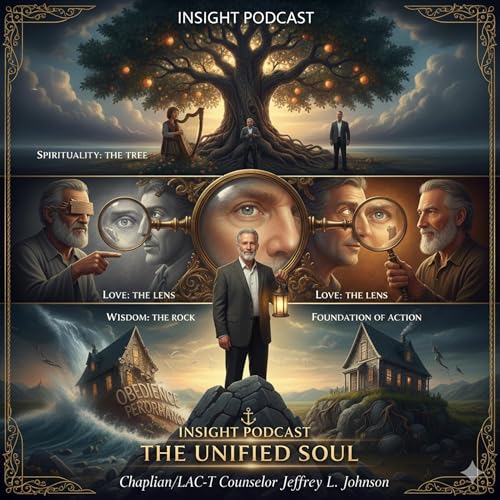•• Post-Sermon Reflection: "Friends, if a man as burdened as Lincoln could find a way to lean on Providence, so can you. What is your 'House Divided' today? Give it to the Father."
I added the denominational spiritual expression, and the tradition is a Christian seeking God. We have lost the way to express our spiritual selves by going to a Christian mainline church. In some cases, I think we stop going to church because it sometimes emulates the world that we live in. Not Jesus Christ and the Kingdom of Righteousness. We need a good, Bible-believing church to guide our growth in sanctification.
Denominational Spiritual Expression (Liturgical/Mainline)
• The Collect: "O God, who cares for the lilies of the field and the birds of the air: Cleanse the thoughts of our hearts by the inspiration of Thy Holy Spirit, that we may perfectly love Thee, and worthily magnify Thy holy Name; through Christ our Lord. Amen."
• The Assurance: "Hear the good news: The Father knows your needs before you ask. In Christ, the debt of our worry is paid, and the wealth of His grace is ours."
1. The Denominational Spiritual Tradition
• The Reformed Stream (The Sovereignty of God): This tradition emphasizes that God is the primary Actor. In your sermon, this is expressed through the idea of "Providence." The spiritual expression here is one of rest. You aren't just "trying harder" not to worry; you are yielding to a Sovereign King.
• The Holiness Stream (The Virtuous Life): This emphasizes the "internal" change Jesus mentions in Matthew 6. The spiritual expression is transformation. It moves the man from external legalism (being seen by others) to internal peace (trusting the Father in secret).
8. Application & Thematic Commentary
• Application: Conduct a "Worry Audit" this week. When you feel that tightness in your chest, stop and say aloud: "My Heavenly Father knows I need this, and He is already there."
• Thematic Commentary: The life of a disciple is a move from the External (doing things to be seen) to the Internal (trusting the Father in secret). When your secret life is anchored in God, your public life becomes unshakable.
7. Evangelistic Section: The Invitation
"Perhaps you realize your life has been built on the foundation of 'What’s next?' and 'How will I survive?' You’ve spent decades carrying the weight of the world, and you’re exhausted.
Jesus invites you to stop being the 'Lord' of your own life—a job you were never meant to have—and submit to the King who feeds the birds. Salvation is a transfer of ownership. If you surrender to Christ today, you aren't just getting a Savior; you’re getting a Father who promises to carry the burdens you’ve been struggling to hold. Will you let Him take the lead?"
Closing & Interaction
Benediction: "May the peace of God, which surpasses all understanding, guard your hearts and your minds in Christ Jesus. Go in the confidence that you are known, you are loved, and you are provided for. Amen."
Call to Action: "If you decided to follow Christ today, or if this message helped you lay down a heavy burden, please reach out. We want to walk with you."
Facebook Interaction: "Visit our Facebook page and share: What is one 'stone' of worry you are laying at the feet of Jesus this week? Let’s pray for one another in the comments."https://www.facebook.com/InsightpodcastRectitudes
 Feb 22 202617 m
Feb 22 202617 m 17 m
17 m 30 m
30 m Feb 8 202623 m
Feb 8 202623 m Feb 2 202619 m
Feb 2 202619 m Jan 28 202615 m
Jan 28 202615 m 16 m
16 m Jan 13 202614 m
Jan 13 202614 m
